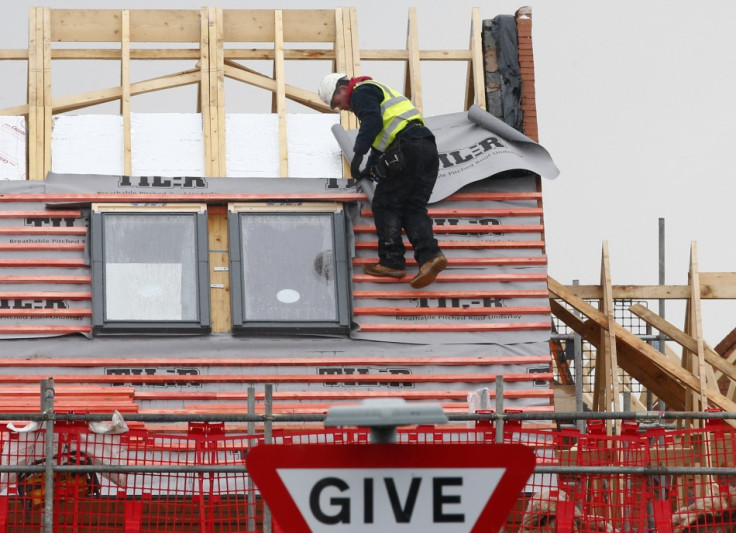UK House Prices Rising at 'Fairly Brisk Pace' as Bubble Threat Looms

UK house prices are still rising at a "fairly brisk pace" as fears mount over the threat of a new housing bubble.
Nationwide's August House Price Index lifted 0.6% on the month and 3.5% on the year, amid credit easing by the Treasury and Bank of England targeted at increasing the affordability and availability of consumer mortgages, as well as an improving domestic economy.
Both the Help to Buy and Funding for Lending schemes have made it easier for Britons to get mortgages, but the rising demand is still not supported by a sufficient housing supply, which critics say risks inflating a dangerous property bubble.
"While there have been encouraging signs that house building is starting to recover, construction is still running well below what is likely to be required to keep up with demand," said Robert Gardener, chief economist at Nationwide.
Gardener pointed out that new housing starts were 33% higher in the second quarter of 2013 than they were in the same period the year before, but they are still 36% below 2007 levels "which were already below that required to keep pace with household formation".
"The risk is that if demand continues to run ahead of supply affordability may become stretched. While house prices are still elevated compared with incomes, affordability is being supported by the ultra-low level of interest rates," said Gardener.
Two of the UK's biggest homebuilders have announced soaring profits off the back of rising house prices, which have been underpinned by the government's mortgage market stimulus.
Persimmon reported a 38% rise in profit during the first half of the year, while Bovis Homes said its housing profit jumped by 50%.
Fitch, the credit ratings agency, attacked the Help to Buy scheme by saying it will only support the profits of banks, who will see a rise in mortgage lending, and builders, who will benefit from higher house prices.
Its research note said that increased housebuilding volumes - the outcome desired by Chancellor George Osborne - is unlikely.
Osborne wants to grow the UK housing supply without having to invest government money because he is engaged in an austerity programme of public spending cuts as he seeks to erase the structural deficit in the Treasury's finance.
© Copyright IBTimes 2025. All rights reserved.






















